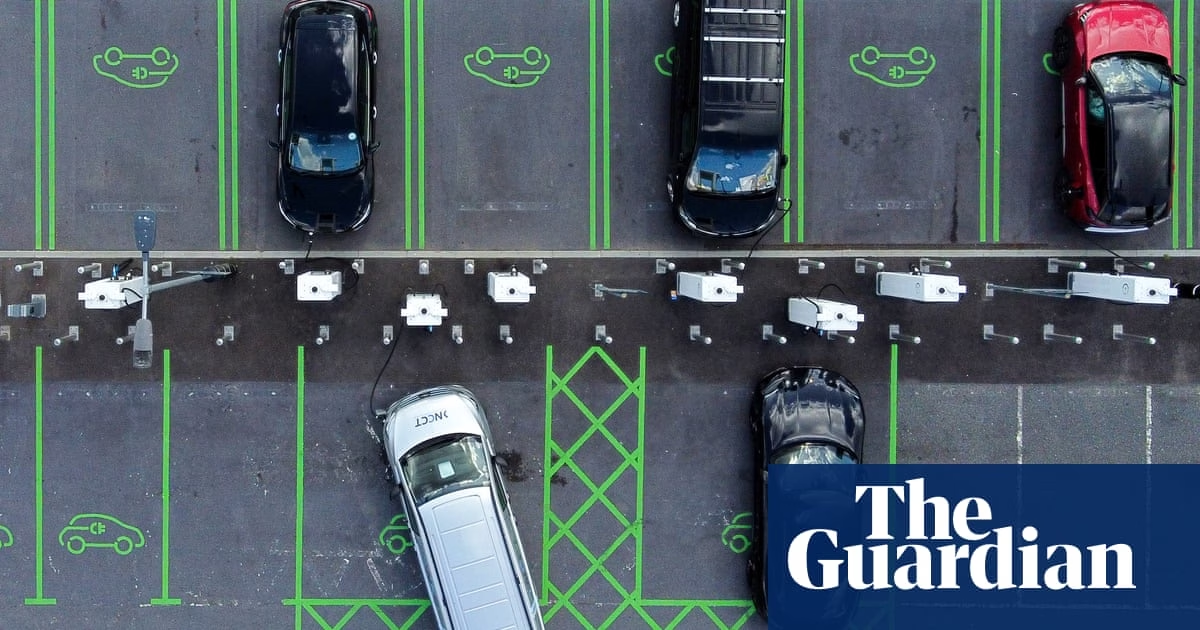The Labour government’s adjustments to electric vehicle (EV) rules, announced in response to Donald Trump’s tariffs, are expected to have minimal impact on emissions, according to the transport secretary, Keir Starmer. Starmer reaffirmed the party’s commitment to supporting manufacturers, including reinstating the 2030 ban on petrol and diesel car sales, but also announced changes to manufacturing targets for electric cars and vans, allowing companies more time to transition. New hybrids will remain on the market for an additional five years. Speaking about the tariffs, Heidi Alexander, a spokeswoman, stated that they are harmful to the global economy, affecting demand, prices, and consumers. Despite this, she insisted that the government’s changes to EV rules are carefully calibrated to minimize their impact on carbon emissions. Luxury supercar producers will be exempt from the 2030 ban due to their low production volumes, and all hybrid models will be allowed for sale until 2035. Starmer’s strategy has faced criticism, with critics arguing that the policy adjustments conflict with the party’s environmental and health goals, such as improving air quality. Additionally, maintaining the 2030 phase-out target for pure petrol and diesel cars might hinder the automotive industry’s competitiveness and slow the transition to EVs. Political opponents point out that extending flexibilities could reduce the incentive for manufacturers to innovate and make EVs more affordable.
Source: https://www.theguardian.com/politics/2025/apr/07/labour-ev-rules-uk-emissions-trump-tariffs-car-firms-climate







